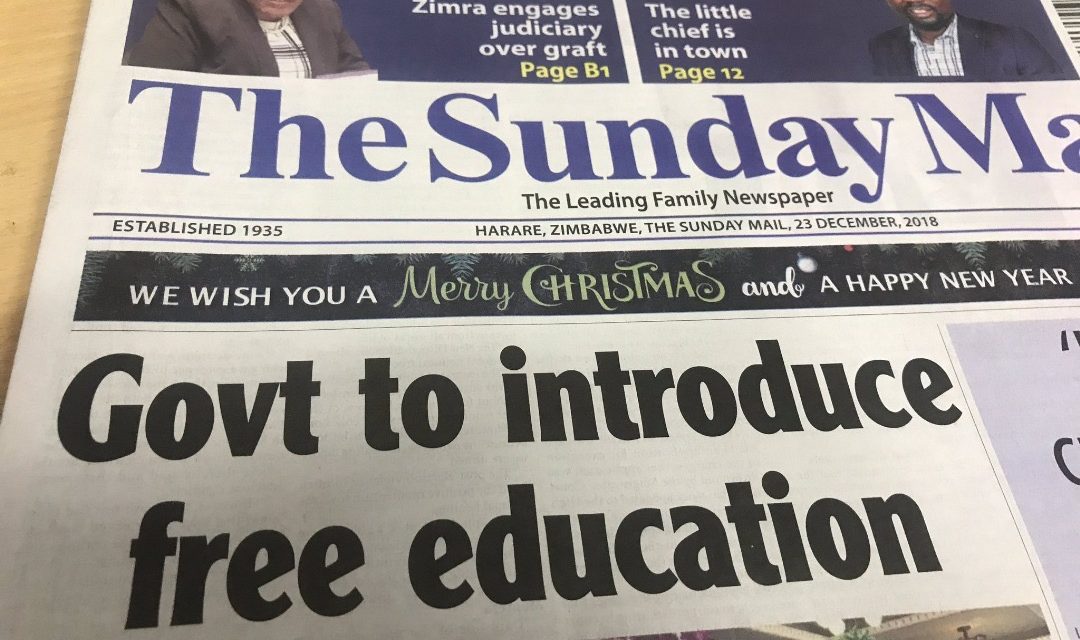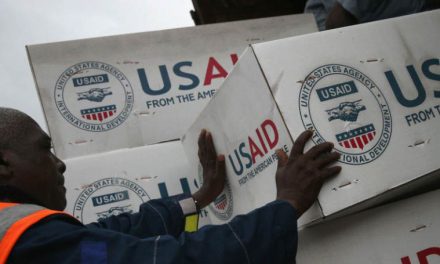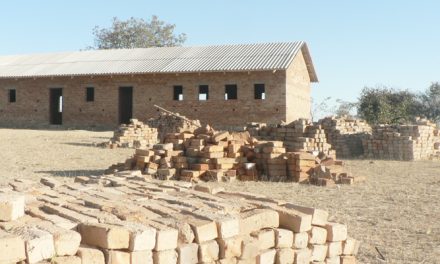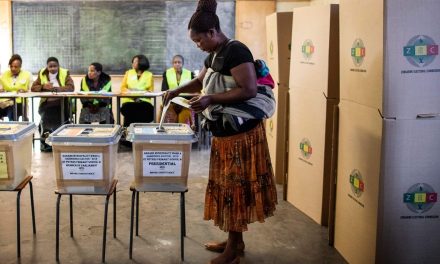Cde Patriot Sunungura
In Zimbabwe today, you can be arrested not for stealing, looting, or running a tenderpreneur empire but simply for asking the government to educate its children.
Prudence Mazviita Sauriri, an Education Human Rights Defender whose name sounds like it belongs on a list of national heroines, was arrested on 1 July 2025 in Mutare.
Her crime was demanding that the government obey its own Constitution — Section 75, to be exact.
Not a coup attempt. Not money laundering.
Not importing teargas through offshore accounts.
Just education.
Instead of a gold star and a standing ovation, the state handed her steel bangles and free accommodation at remand prison after she surrendered to police, only to be denied bail by a Mutare magistrate.
Meanwhile, millions of children remain out of school, but the Zimbabwe Republic Police have no time to chase those statistics.
They’re too busy chasing the people brave enough to mention it.
You’d think asking for classrooms, books, and chalk was a declaration of war. Perhaps it is in Zimbabwe.
Truth-telling is now insurgency, activism is branded armed robbery — minus the arms.
Prudence remains in custody until 15 July.
Under the so-called Second Republic, bail is reserved for ZANU PF insiders and tenderpreneurs.
Take Chatunga Mugabe — who ran amok in Mazowe, causing grievous bodily harm to mine workers — and was promptly granted US$200 bail.
Apparently, Zimbabwe has resources to arrest dreamers but not enough to teach children how to spell “dream.”
While Prudence and other education activists marched for the 3 million out-of-school children, the State responded as always — with silence, then violence.
Here’s the real irony: some ministries reportedly spent over US$190,000 on a single HP laptop.
One wonders — is it made of platinum?
Or is it just corruption dressed in a budget line?
Imagine a child in Lupane needing just US$20 to stay in school — the cost of two family buckets and a soft drink.
That small amount stands between a future doctor and a cattle herder, between a rural girl’s hopes and her harsh reality.
Meanwhile, promises of “free basic education” by President Emmerson Mnangagwa lie abandoned, collecting dust alongside the National Development Strategy and that other fairy tale called Vision 2030.
If slogans could build classrooms, Zimbabwe would have universities on every mountain instead of the Chinese blasting them for lithium — leaving behind craters, curses, and contaminated rivers.
Instead, rural learners walk long distances to sit on cracked floors under leaking roofs, dodging snakes, hyenas, and dropout statistics.
In Mwenezi, Nyangambe Turf Primary has two classrooms for an entire school — less a school, more a glorified cave with a timetable.
At Rusere High in Zaka, learners take turns sitting in what looks more like a musical chairs tournament than a school day.
Some stand the whole time.
Others squat like strong future candidates for manual labour — ready for both formal and informal sectors, with thighs certified for lifting the economy one brick at a time.
Panganai High students hike 16 kilometres daily — if they’re not tired, they’re probably not human.
Add wild animals from Devuli Range, and some learners attend school with more danger than soldiers in war zones.
In Binga, the situation is even worse.
Gwatagwata Primary and Secondary have no clean water.
Pupils are expected to learn algebra when their biggest concern is cholera.
No toilets, no textbooks — just sheer willpower.
Hahaha, and yet when citizens say, “Hey, maybe children should be in school,” the government replies, “We’ll see you in court.”
Prudence’s arrest is no isolated case.
It’s part of a pattern: speak up, get locked up; protest, and you’re labelled a “regime change agent”; raise awareness, and suddenly you’re a “national threat.”
Meanwhile, real criminals roam free, awarded lucrative inflated government tenders.
The Mnangagwa administration insists Zimbabwe is open for business.
But apparently, it’s closed for education, closed for accountability, and closed for shame.
Calls for a National Transitional Authority are growing louder — not just from activists, but parents, teachers, and children tired of writing exams in dust, dreaming in darkness, and being failed by a government with a PhD in empty promises.
If asking for education gets you jailed, then who is the real criminal?
Is it Prudence?
Or is it the officials who’ve turned education into a luxury and learning into a political act?
In a country where laptops cost more than entire school budgets and silence is more valued than service, it’s clear: the biggest dropout isn’t the student.
It’s the state.





